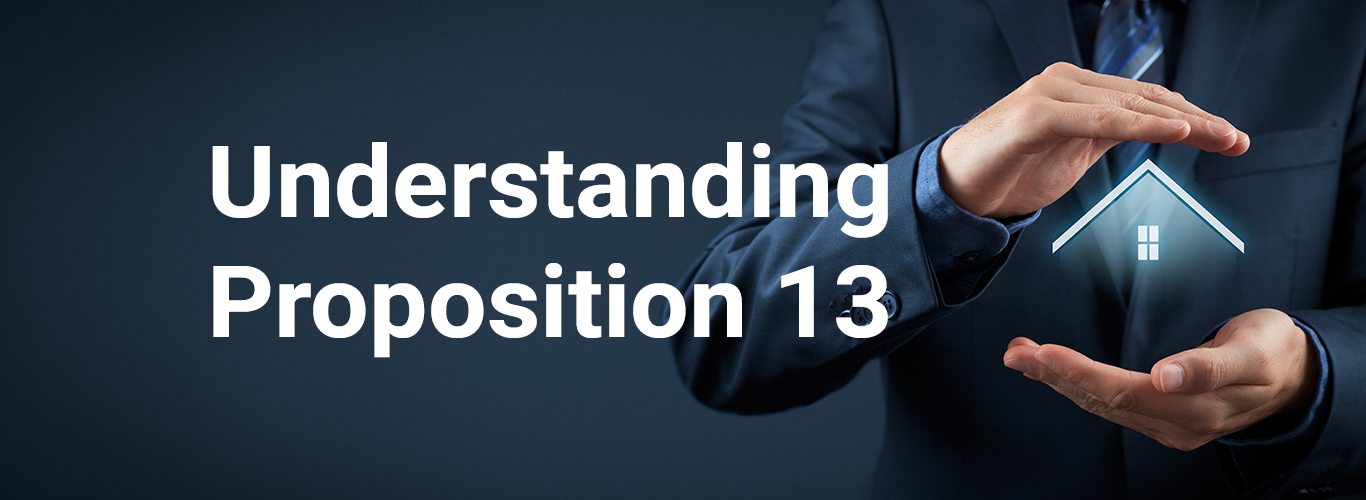Unlike real property, business property is appraised annually.
- Every entity receiving a request to file letter or Business Property Statement must submit a completed statement by the date indicated.
- If the statement is not received by the Assessor's Office by the delinquency date, state law requires that the Assessor's staff estimate the value of all property and include a 10% penalty.
- If you choose not to e-file, a paper Business Property Statement must be signed by the assessee, a partner, a duly appointed fiduciary, or an agent. When signed by an agent or employee other than a member of the bar, a certified public accountant, a public accountant, enrolled agent, or a duly appointed fiduciary, the assessee's written authorization of the agent or employee to sign the statement on behalf of the assessee must be filed with the Assessor. The signature on the authorization must be an original not a fax or copy. In the case of a corporate assessee, the statement must be signed by an officer or by an employee or agent whom the board of directors has designated in writing. A property statement that is not signed in accordance with the foregoing instructions does not constitute a valid filing. The 10% penalty for failure to file is applicable to unsigned property statements.
- The following should not be reported on the property statement:
Inventory
Application Software
Licensed motor vehicles - Except for the "SIGNATURE" section/page, the taxpayer may furnish attachments in lieu of entering the information on the property statement. However, such attachments must contain all the information requested by the statement and must be in a format acceptable to the Assessor. When paper filing, the original property statement must be returned and must contain appropriate references to the attachments and must be properly signed.
- State law requires that at least once each four (4) years the Assessor's Office audit the books and records of a significant number of businesses. Other entities are audited on a random basis or when requested by the taxpayer.
Business owners can now download from the Assessor's website at efile.sccassessor.org a copy of a summary report that documents the basis for their enrolled assessed values (extended values statement.) These assessments are based, in part, on the property statement completed by taxpayers prior to May 7. Taxpayers who e-filed timely can also download a copy of their filed Business Property Statement.
To access either statement, taxpayers will need the account number and BIN (business identification number) used when they e-filed earlier this year. If they don't have their BIN, they can e-mail the Assessor's Office their business account number and they will mail them a new BIN.
Use the links below to download a sample business personal property report, the previous year's completed 571L as submitted electronically by the taxpayer, or to view a copy of the e-mail from the Assessor that details the process.
Tax Relief for Small Business Owners
Where state law allows, the Assessor’s Office has regularly sought out efforts to eliminate property taxes for those businesses where the cost to assess and collect property taxes exceeds the property tax revenue generated.
In 2016, the Assessor’s Office recommended, and the Board of Supervisors passed, a “too low to value” ordinance permitting the Assessor’s Office to exclude business personal property assessed at $10,000 or less in assessed value, eliminating the ad valorem property taxes, providing tax relief for small business owners.
As part of a continuous effort to seek out increased efficiencies, the Assessor’s Office conducted a formal cost study that demonstrated that the Assessor, Tax Collector and Controller’s total cost to assess and collect diminumus assessments of $10,000 or less, exceeds the $100 in property tax revenue that would have been generated from the assessment.
Typically these are small businesses with machinery, office furniture, computers and other equipment with a total assessed value below $10,000. State law caps the amount the assessor can exclude to $10,000 in assessed value.
While business property owners must continue to file a Business Property Statement (Form 571) each year detailing the cost of all supplies, equipment, improvements and land owned at each location within Santa Clara County, they will not have to pay the tax if the assessed value of their property is less than $10,000. Many businesses file on-line in less than 15 minutes and, if a business meets the less than $10,000 threshold, they will not receive a tax bill.
The “too low to value” ordinance that passed in 2016 applied to real properties with $5,000 or less in assessed value, as well as business owners with machinery and equipment and businesses on government property. Combined, it was estimated that the annual cost to assess and collect these low value properties was approximately $1,895,000, which was far in excess of the projected property tax revenue of $602,000. Every employee in the assessor’s office uses daily a cost accounting system which enabled the assessor’s office to provide the Board of Supervisors with these estimates. Additionally, the Assessor’s Office will be able to reallocate an estimated 11,000 hours towards more complicated assessments and customer service.
Attachments



